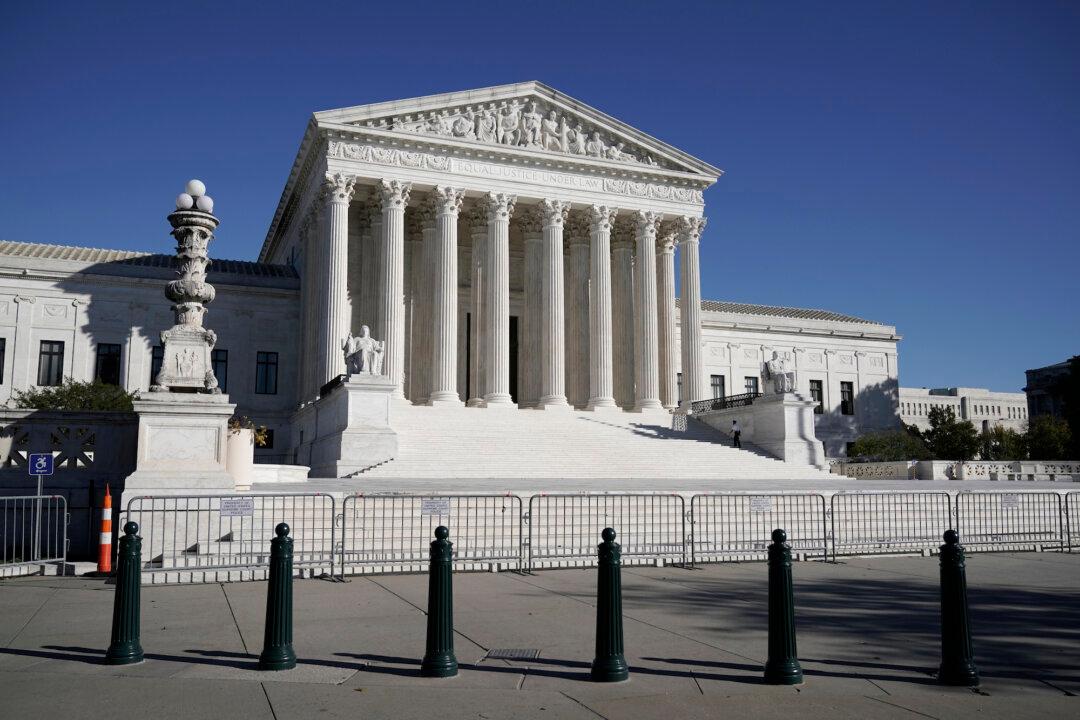The Supreme Court turned down an emergency request from Louisiana urging it to freeze a state Supreme Court ruling that struck down a requirement that a sex offender’s status be announced in large letters on state-issued identification, while the state pursues an appeal of the decision.
The unsigned refusal-of-stay decision came late on Dec. 30, 2020, in a case known as Louisiana v. Hill. The Supreme Court didn’t explain why it denied the emergency application, which began in front of Justice Samuel Alito but was then referred to the full court. The state previously indicated that it intended at some point to file a petition for certiorari with the high court, which is the usual way a party initiates an appeal to the court.





